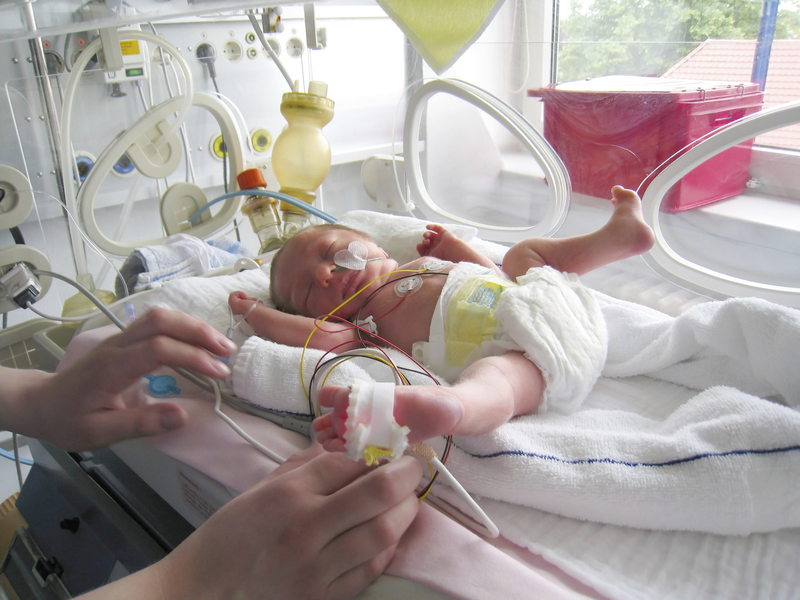DEPRESSION
the most common mood disorder in the general population. The condition occurs twice as often in women as in men, and the initial onset of depression peaks during a woman's reproductive years.
read more
the most common mood disorder in the general population. The condition occurs twice as often in women as in men, and the initial onset of depression peaks during a woman's reproductive years.
read more
Anxiety in pregnancy is very common. More than 1 in 10 pregnant women have it Pregnancy can be a very emotional experience and it can sometimes be difficult to know whether your feelings are manageable or a sign of something more serious. Trust yourself. You're the best judge of whether your feelings are normal for you.
read more
Preterm labor is labor that begins before 37 weeks of pregnancy. Any infant born before 37 weeks is at an increased risk for health problems in most cases because organs such as the lungs and brain finish their development in the final weeks before a full-term delivery (39 to 40 weeks).Certain conditions increase the risk for preterm labor, including infections, developing a shortened cervix, or previous preterm births.
read more
The postpartum period, also known as the puerperium and the "fourth trimester," refers to the time after birth when the physiologic changes related to pregnancy return to the nonpregnant state. During this period, the mother goes through many physical and emotional changes while learning to care for her newborn. r.
read more
The exact cause of PCOS is unknown. There is evidence that genetics play a role. Several other factors also play a role in causing PCOS If you have PCOS, you are also at increased risk of having a baby larger than expected for their gestational age. This comes with a higher risk of needing a caesarean delivery.If you have PCOS and are pregnant, it is important you talk with your doctor. The risk of these complications can be reduced by monitoring your PCOS symptoms and taking extra care during your pregnancy.You can make lifestyle changes to manage your PCOS and look after your health.
read more
It is usually perfectly safe to breastfeed while pregnant. Your body will carry on producing enough milk to nourish your older child, while your unborn baby will get all the nutrients they need from your body. Breastfeeding does trigger mild contractions. These are safe in uncomplicated pregnancies, but if you are at risk of preterm labour — for example, if you are expecting twins or more, or if you have had a miscarriage or preterm birth in the past — then seek advice from your doctor or midwife.You can look after yourself by eating well, making sure you are well hydrated.
read more